
The cofounder and chief technology officer of Mammoth Biosciences discussed the importance of diverse approaches to gene editing to address a variety of indications.

The cofounder and chief technology officer of Mammoth Biosciences discussed the importance of diverse approaches to gene editing to address a variety of indications.
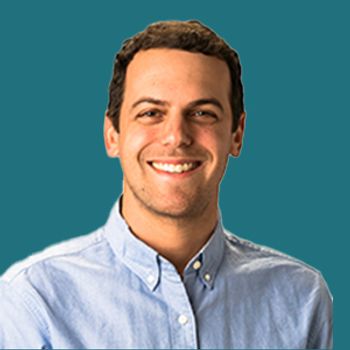
Evan Weber, PhD, an assistant professor of pediatrics at Children's Hospital of Philadelphia, discussed his work on the role of the FOXO1 gene in T-cell persistence and exhaustion.
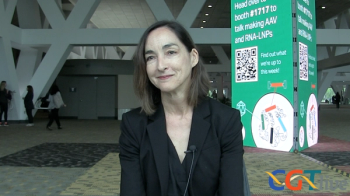
The chief medical officer of Forge Biologics discussed how expanded newborn screening practices may help the company’s gene therapy for Krabbe disease, FBX-101, reach more patients.
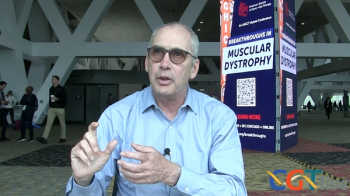
The chief scientific officer of Arbor Biotechnologies discussed the company’s preclinical candidate ABO-101.
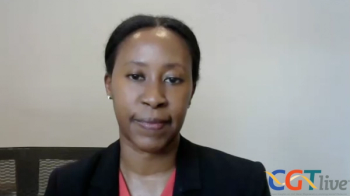
The associate chief science officer of the Kennedy Krieger Institute discussed an aspect of clinical trial design highly relevant to gene therapy development for rare diseases.
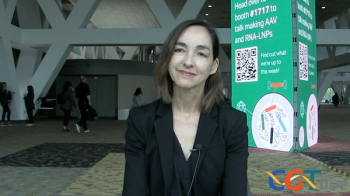
The chief medical officer of Forge Biologics discussed updated data from the REKLAIM clinical trial evaluating FBX-101.
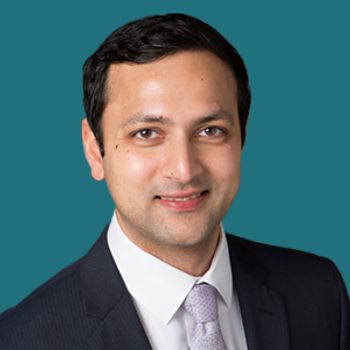
Abhishek Gupta, BS, the senior vice president of genetic medicines at Syneos Health, discussed common setbacks in gene therapy trials and how to overcome them.
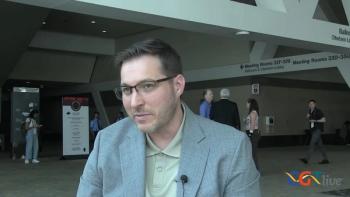
The associate professor and associate investigator of neurology at Harvard Medical School discussed research confirming proof-of-concept with EV-AAVs.
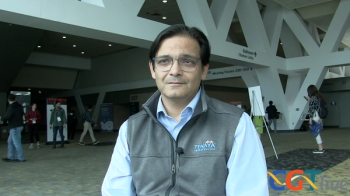
The chief executive officer of Tenaya Therapeutics discussed the growing interest in genomic medicines in cardiology.
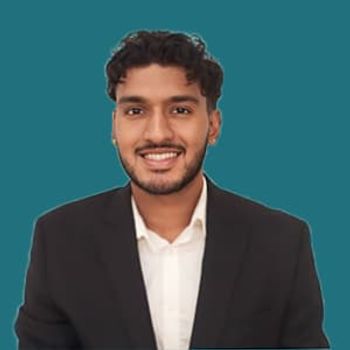
Oncological trials of biologics also face particularly higher rates of clinical holds.
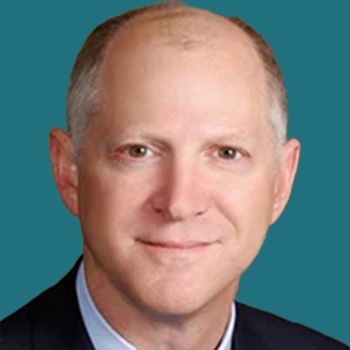
Lawrence R. Lustig, MD, discussed promising early results from the phase 1/2 CHORD trial evaluating Decibel Therapeutics and Regenerons’ DB-OTO.
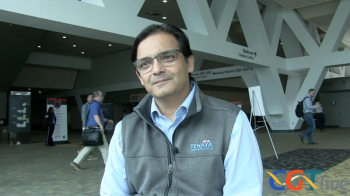
The chief executive officer of Tenaya Therapeutics discussed the company’s decision to supplement the gene transfer programs in its pipeline with gene editing programs.
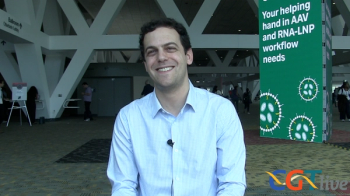
The assistant professor of pediatrics at Children's Hospital of Philadelphia discussed the role of the FOXO1 gene in T-cell persistence and exhaustion.
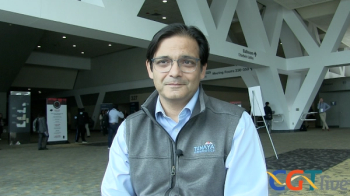
The chief executive officer of Tenaya Therapeutics discussed the company’s research on capsids, promoters, and manufacturing improvements.
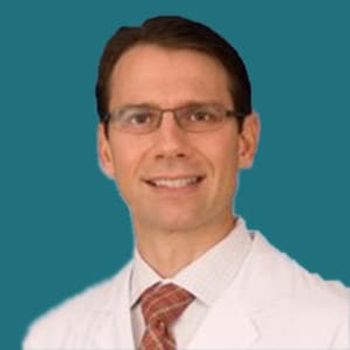
High dose MCO-010 yielded statistically significant improvements in BCVA and MLSDT at week 52.
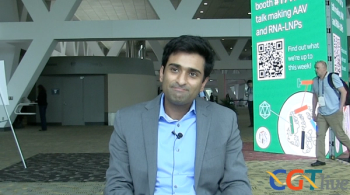
The cofounder, chairman, and CEO of Kriya Therapeutics discussed the company’s goal of bringing gene therapy to a much broader population of patients.
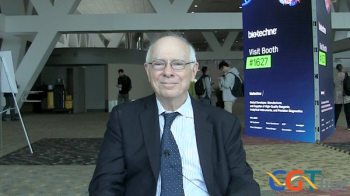
The Howard Hughes Investigator at the University of Iowa discussed his mouse model research into the pathophysiology of muscular dystrophy and how it relates to gene therapy approaches.
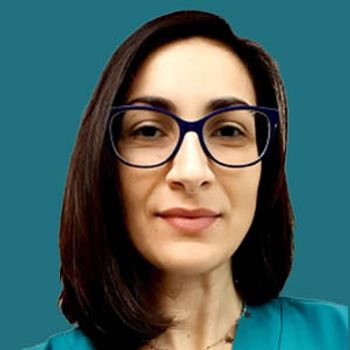
Updated data including a sixth patient and longer follow-up was presented at ASGCT’s 2024 Meeting.
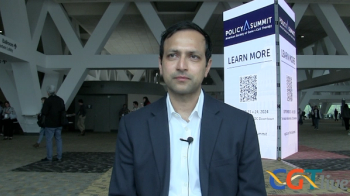
The senior vice president of genetic medicines at Syneos Health discussed the importance of end-to-end thinking and collaboration when bringing gene therapies from development to the market.
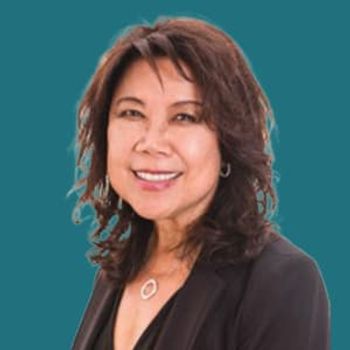
All 139 tumors screened had enhanced expression of CCNG1, a seldom-recorded gene on NGS.
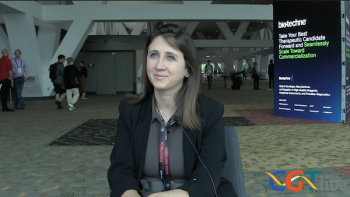
The medical doctor and scientist at Bambino Gesù Chidren’s Hospital discussed phase 1/2 clinical trial data she presented at ASGCT’s 2024 Meeting.
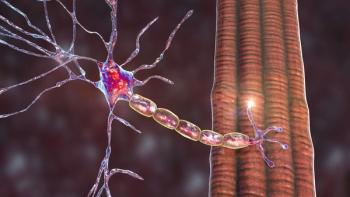
The gene therapy is up for priority review with a PDUFA date of June 21, 2024.

In terms of safety, NGGT001 was deemed well-tolerated.
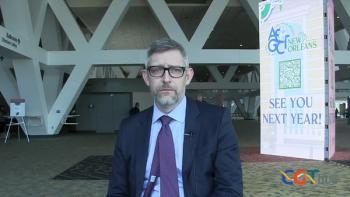
The medical director of clinical development at AskBio discussed safety and efficacy data from a phase 1 trial of AB-1002.

The DSMB recommended proceeding to dose the highest dose cohort in the phase 1/2 PRODYGY study.
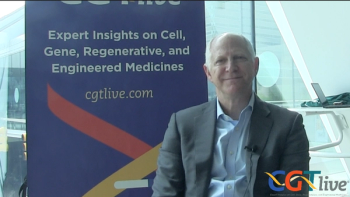
The chair of the Department of Otolaryngology—Head and Neck Surgery at Columbia University College of Physicians discussed the phase 1/2 CHORD clinical trial evaluating DB-OTO.
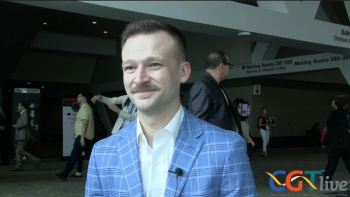
The research scientist at Seattle Children's Research Institute discussed mouse model research he presented at ASGCT’s 2024 Meeting.
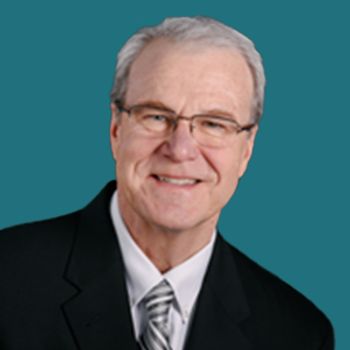
Terence R. Flotte, MD, the vice president of ASGCT, discussed what attendees can expect at the ASGCT Annual Meeting this year.
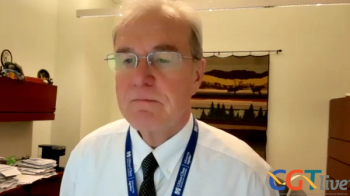
The vice president of ASGCT discussed important research that will be represented at the upcoming conference and challenges for the field to address in the future.
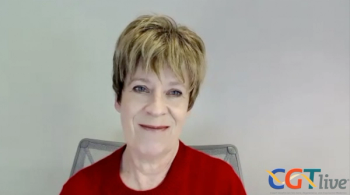
The President Elect of ASGCT and a distinguished professor of microbiology at Keck School of Medicine of USC also discussed recent milestones in gene therapy.